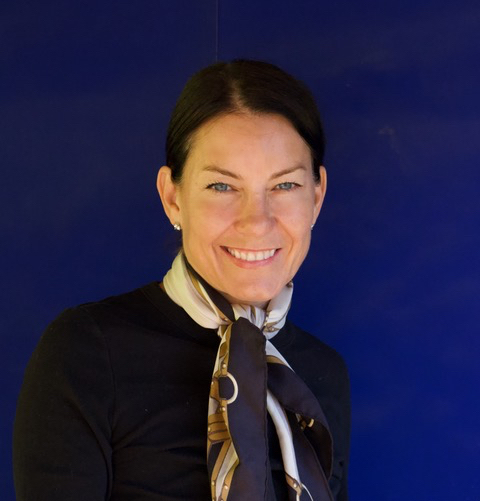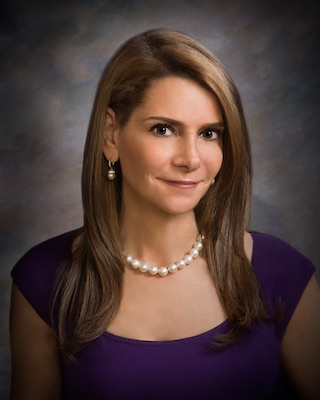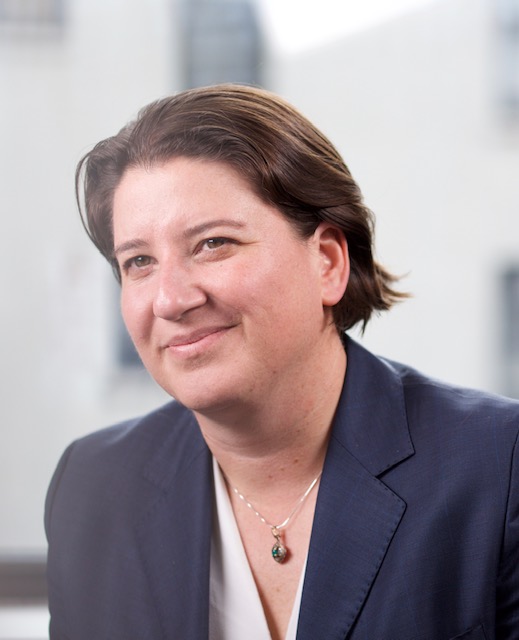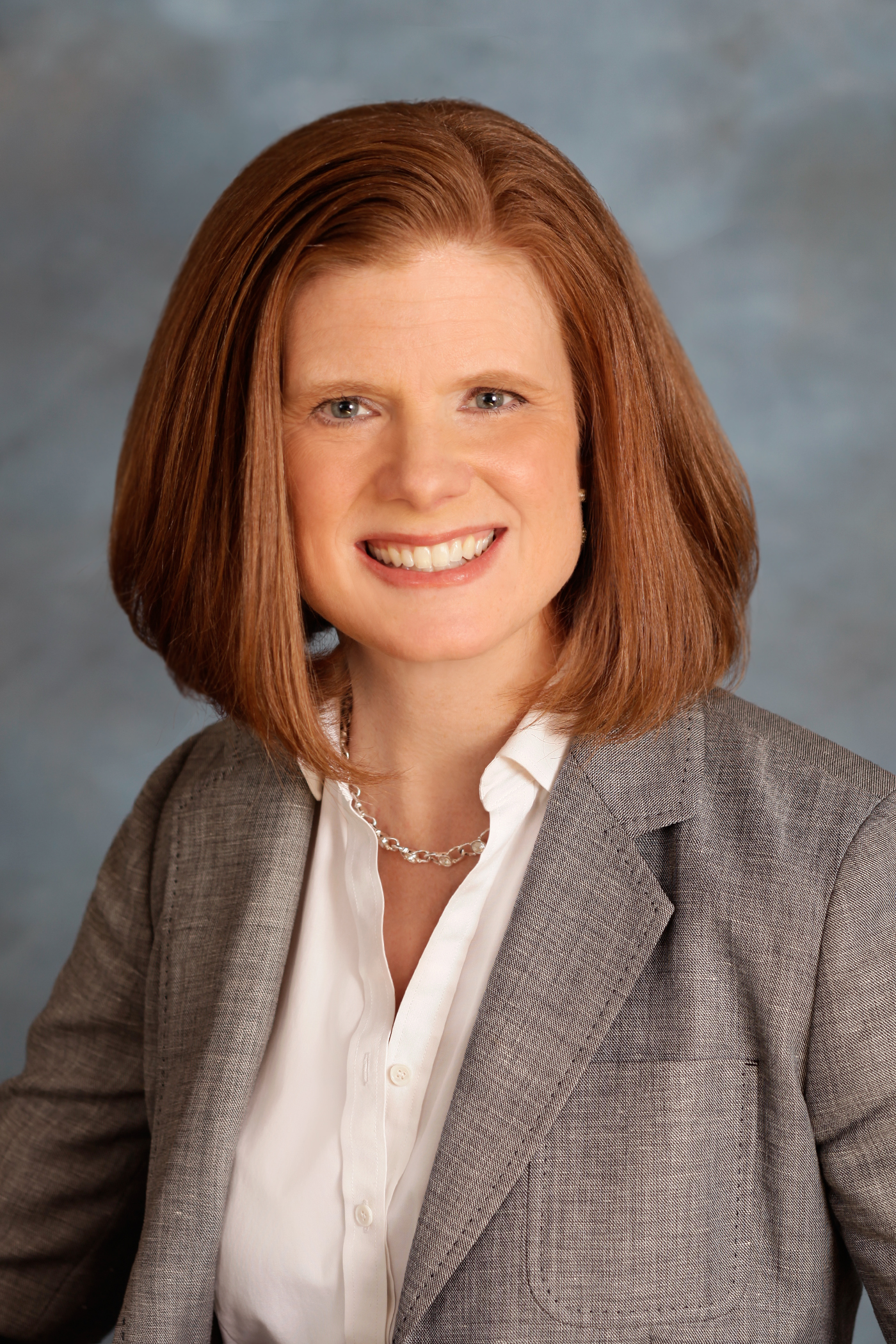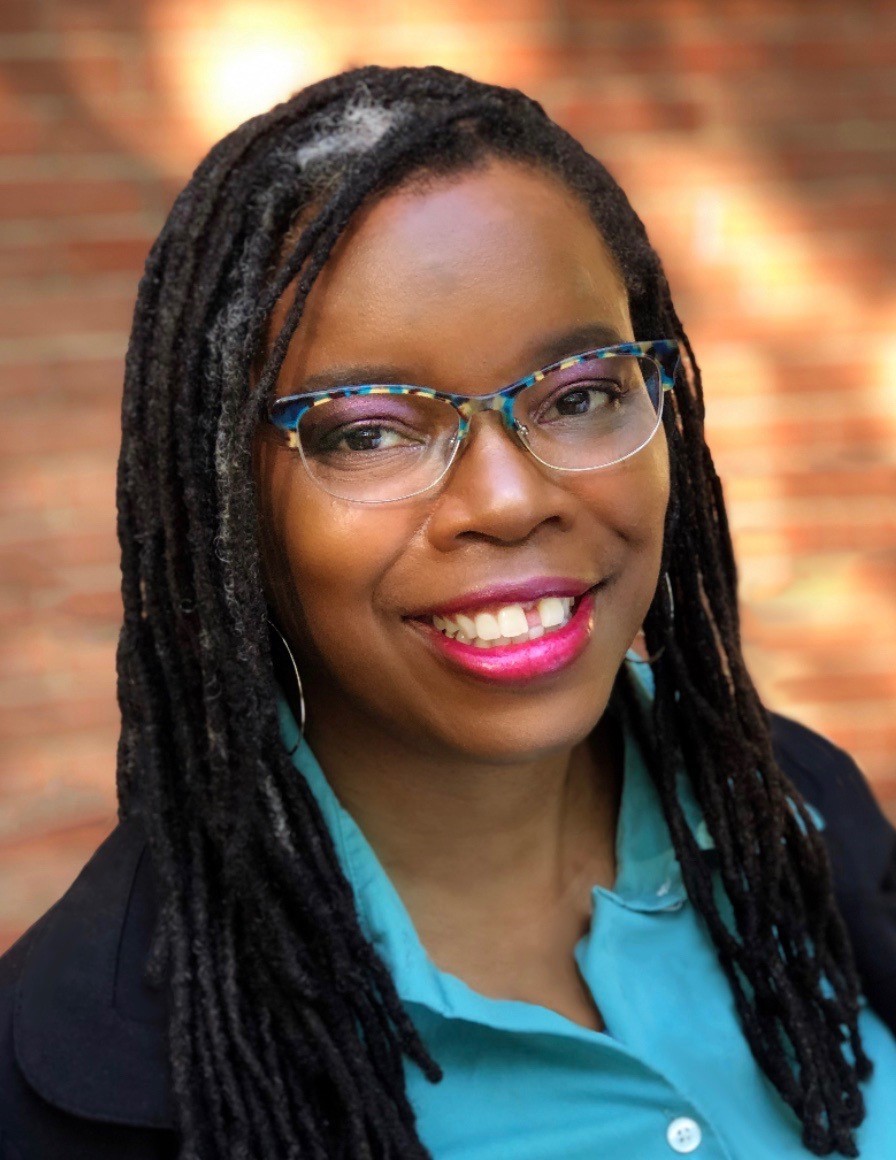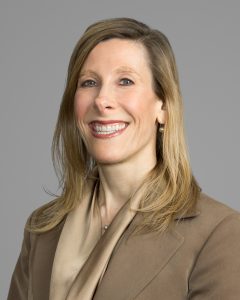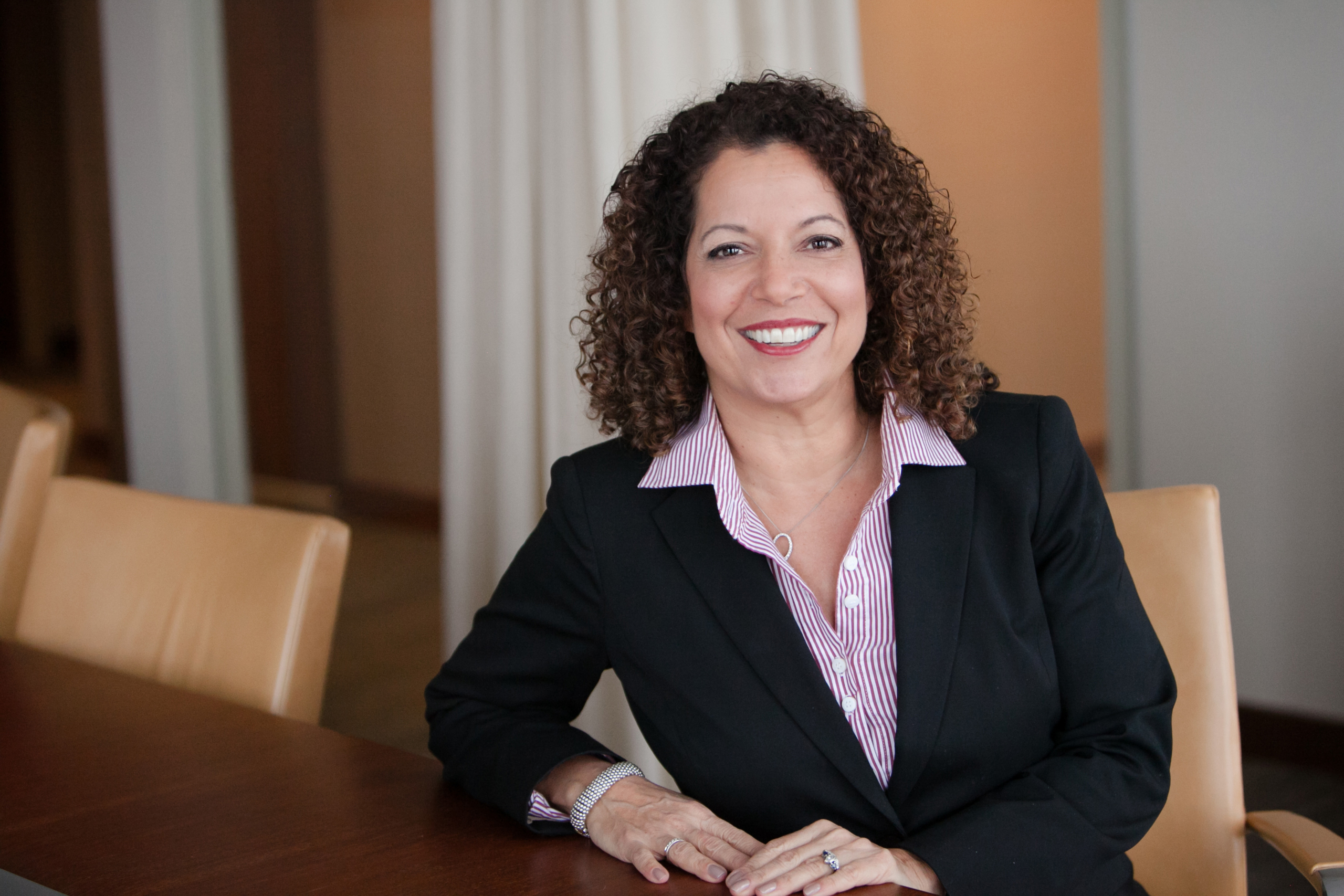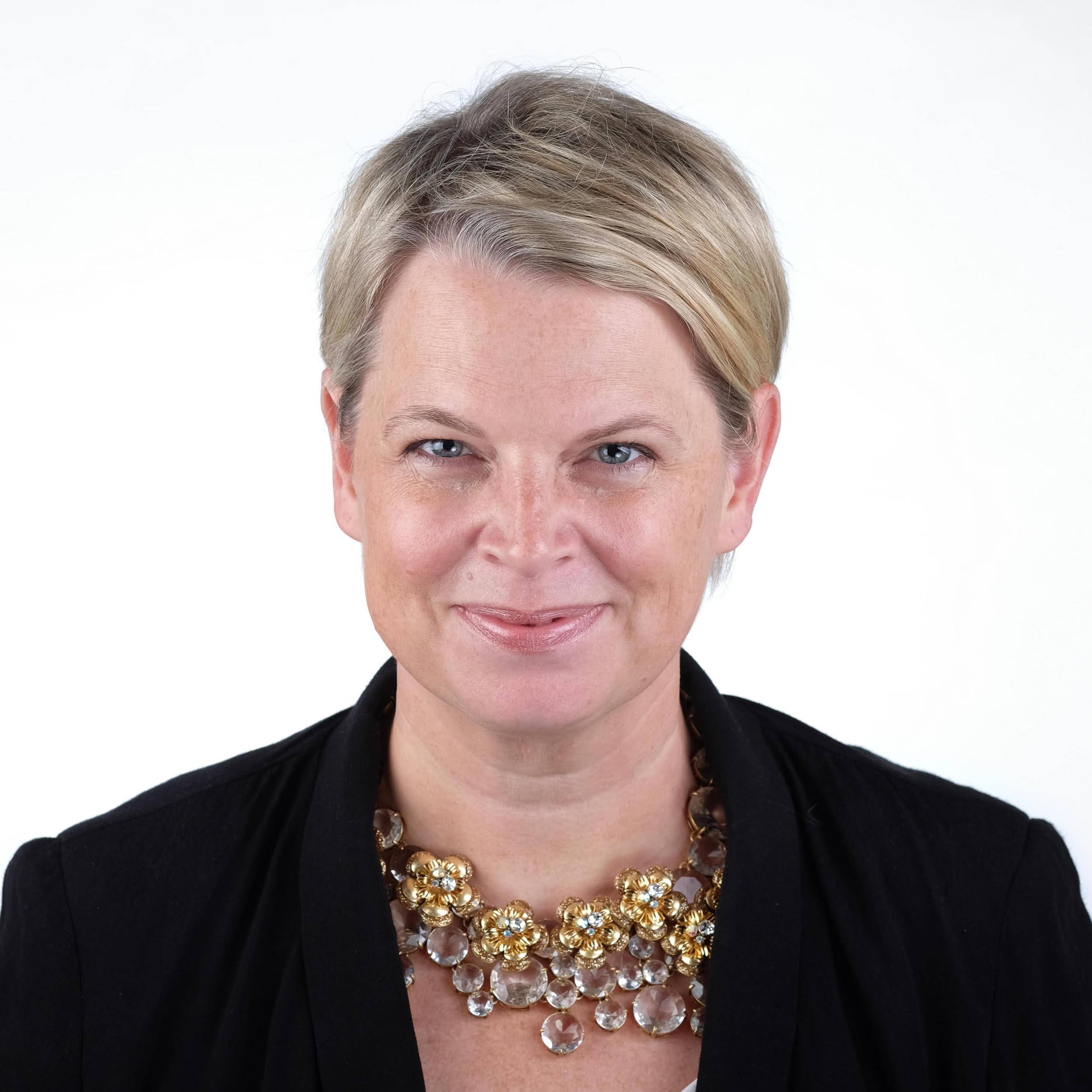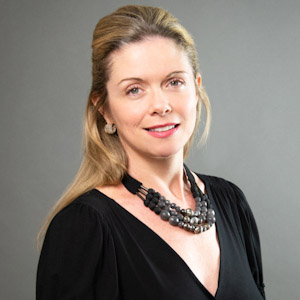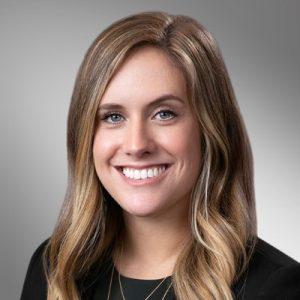“Educate yourself and be open to a number of opportunities, rather than limiting yourself to one career path,” says Lisa Baker Morgan.
“It’s never too late to change or adapt, and it can happen several times as we move forward in our careers.”
An Unexpected Detour
Morgan’s life has taken a number of turns that she says she never could have anticipated in her wildest imagination, going from what she would term a “perfect” life; with a husband, who had made partner in his firm and two small kids. While she was taking a break from her previous life as an attorney to stay home with her kids, she unexpectedly became separated in 2005 and had to start her life entirely anew, having to essentially re-focus on her professional life, adapt to becoming a single mother, and address her psychological health simultaneously.
And then a health crisis with an unknown cause landed her in the hospital in ICU for over two weeks where she almost lost her life until a last-minute surgery saved her. This incident changed her perspective, and she used these two unexpected experiences as opportunities to make her life what she wanted it to be and focus on living in a positive way for her daughters.
At that point Morgan began writing her recently released book, Paris, Part Time. She decided not to return to the stressful and unpredictable world of litigation with its demanding schedule, and instead went to culinary school. From there she wrote cookbooks, became a private chef and cooking instructor in Los Angeles, Paris and Normandy, and as her daughters grew, she tried to figure out her next act.
Finding a Purpose
As the #MeToo movement gathered steam, Morgan pondered how she could help women and children using her background and headed back to law after a 16-year hiatus. She began working with women who had been sexually harassed in the workplace and during the course of this work grew to learn more about predators and individuals in trusted positions who have proximity to minors. “I had a new awareness that there is trauma being inflicted on our youth, and we often don’t hear about it until it is too late,” Morgan says. “People are realizing now that an individual carries that trauma throughout their life, and it manifests itself both emotionally and physically, even if they have tried to suppress it.”
As states attempted to respond to both issues simultaneously, many relaxed statutes of limitations that would allow adults to hold accountable those who had hurt them as children. For Morgan, the biggest challenge is dealing with the stress of helping hurting individuals on a daily basis, as they share the most excruciating things that have ever happened that they have never before shared. “It’s both a tremendous challenge and a blessing as I help them transition from victim to survivor,” she says. “The legal system is a way to hold the perpetrators accountable and give these people their lives back.
In addition to her legal work, Morgan continues consulting and teaching privately in the culinary industry and is focused on promoting her memoir, which will be released June 1. “Like every woman, I juggle all the responsibilities I have the best I can,” she says.
From Morgan’s view, the notion of “success” is highly subjective, and everyone has to define it for themselves. While she says she has felt success in different ways, today it comes from making a positive difference in someone’s life, whether that’s helping a survivor release their pain and proceed to a fulfilling life or hearing that recipes she created have become an integral part of someone’s annual Thanksgiving meal.
But overall, she urges others: “Be patient with yourself, and be open to life. It’s not a straight path, and it’s often the unexpected turns that are far better than the original plan that you had.”
The first of her family to attend college, Lisa Baker Morgan graduated from the University of Southern California with a degree in English Literature. She obtained her Juris Doctorate from Southwestern Law School and her culinary degree from Le Cordon Bleu College of Culinary Arts. Morgan is the co-author of Homegrown Herb Garden (Quarry, 2014) and the author of Simple Pleasures: Fifty-two weeks of turning ordinary ingredients into extraordinary moments (ciao yummy!, 2012). Morgan has given cooking classes at Chateau Bosgouet in Normandy and worked alongside Chef Bruno Doucet, owner of Paris’s La Regalade. She is also the author of a travel and food blog, www.chefmorgan.com, and has written numerous guest articles for food websites and blogs. She was featured in The Mothers of Reinvention (Vanguard Press, 2012) as a mother who faced change in a positive way. In addition to her writing and cooking endeavors, Morgan has taken on humanitarian and philanthropic causes in the United States and internationally, including advocacy on behalf of adults and children who have endured childhood sexual assault and trauma. Her newest book, Paris, Part Time, is out June 1st. She divides her time between Paris and Los Angeles.

